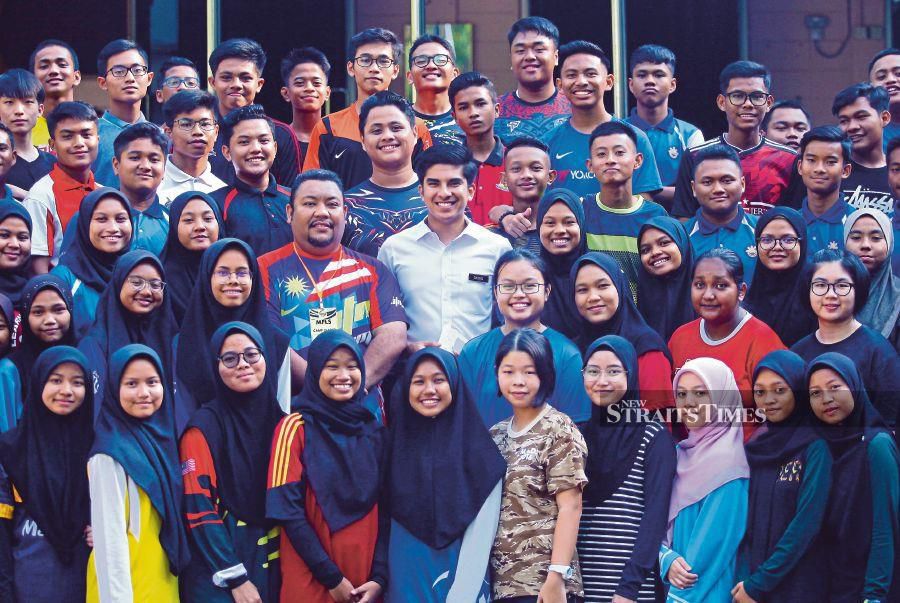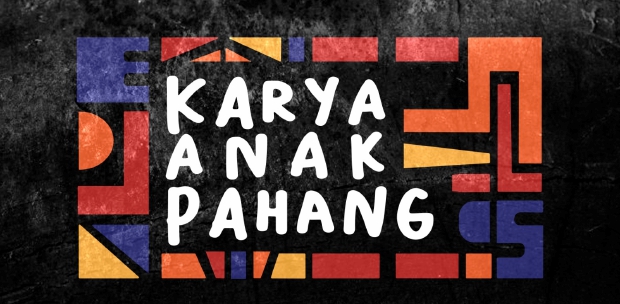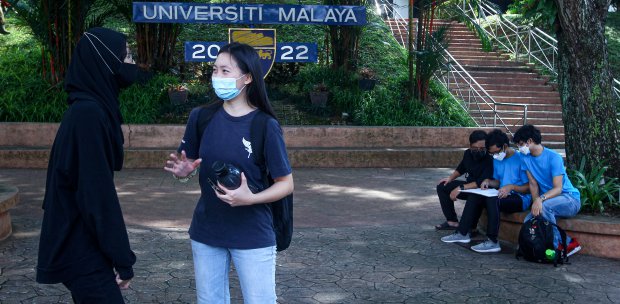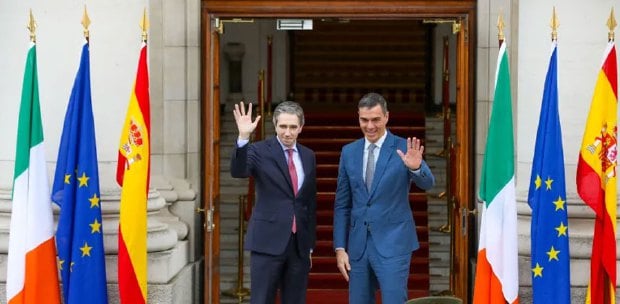THE last few months have been an interesting period for Malaysian youths as an array of initiatives have been rolled out to promote their empowerment and self-development.
First, the winners of the Merdeka Award Grant for International Attachment 2019 represent the best hopes on how bright young academicians and innovators in Malaysia can pursue bold and transformative ideas.
Second, the National Youth Award 2019 celebrations also highlighted the spirit of innovation and grit of a cohort of youth change-makers determined to create a common good in society.
The award recognises the integrity, character and sense of leadership of Malaysian youths who create social values by harnessing the power of volunteerism.
The fact that Prime Minister Tun Dr Mahathir Mohamad presided over the celebration of the National Youth Award is significant as the government recently announced new resources for youth development, including RM150 million for the Youth Power programme, whose cornerstone, according to Dr Mahathir, will be the “Youth Power Club — a platform to unify all youth and sports movements to help them focus on community activities, while training them as leaders at the grassroots level”.
The clubs to be created across the entire nation in 222 constituencies could represent a true game changer for the promotion of volunteerism in the country, helping to harness the personal and professional development of millions of youths through community actions.
While we celebrate the brightest with high-level awards, the challenge is to foster the spirit of civic engagement among the vast majority of youths.
The contributions of youth should not be overlooked and more options and programmes should be made available to them.
The creation of Youth Power Clubs nationwide could represent a first step towards the establishment of the “volunteering infrastructure”, the set of actors, including governmental and non-governmental, that actively promote and sustain volunteerism.
Federal and state administrations should do the utmost to nourish, encourage and recognise youth-driven initiatives: they have a duty to promote volunteerism and civic engagement.
For example, the London mayor came up with the concept of Team London where local citizens are encouraged to take action to help solve a variety of issues, from environment degradation to healthcare and inequalities.
Singapore has a wealth of initiatives promoting and supporting volunteers, including serious attempts of engaging local youths to shape the future of their nation as the SG Youth Action Plan shows.
For those thinking that these initiatives are only framed in big cities with vast resources, Cities of Services, a not-for-profit organisation supported by Michael Bloomberg in the United States, proves that small towns can also become the engine for the promotion of volunteerism.
Initially set up as an informal network and one-stop resource centre on how local administrations can turn themselves into beacons of citizen-centred social actions, Cities of Services is rapidly growing outside the US.
Why don’t local administrators and local councillors in Malaysia seize the opportunity and be the first in Asia to join the initiative?
While Malaysia counts on a vast web of local not-for-profit organisations promoting and spreading volunteerism, we need to get local administrators to become serious about it, doing more to actively engage and support grassroots-level initiatives.
In short, we need leadership at local and national levels.
Initiatives like “Do Something Good” are doing a great service to help youths connect with volunteering opportunities, but imagine if new synergies and partnerships are created among not-for- profit organisations and local governments.
The truth is that much more could be done to support and formally recognise volunteering initiatives throughout the country.
The same leadership shown by Malaysia in organising the 15th IAVE Asia-Pacific Regional Volunteer Conference two years ago, which was the premier volunteerism conference in the region, should be mobilised to spread the spirit of volunteerism to the most remote communities of the country.
We might be tempted to think that creating a volunteering infrastructure is not feasible for a middle economy like Malaysia.
The truth is that “game changing” initiatives impacting youths from urban and rural areas alike are only possible if a proper supporting system is created and the local governments steps in.
Across the world, you will find the so-called “volunteering centres” that act as “One-Stop Shop” to support, train and facilitate and coordinate the actions of volunteers.
In most cases, such local initiatives are true value for money.
The multiplier effects of volunteering action, from bringing together people to reach common goals that positively impact society, will fully compensate for the cost of setting up local volunteering supporting institution.
Imagine if a totally redesigned and rebooted Volunteer Malaysia Awards, initiated in 2016 under the framework of iM4U, is held across the nations.
The Youth Power Clubs, as new local volunteering hubs, should take charge and empower, in collaboration with local not-for-profit organisations, the new awards.
Perhaps the framers of the 2020 Budget should consider this idea.
The youths deserve it.
The writer is co-founder of ENGAGE, an NGO partnering with youths to promote social inclusion in Nepal.






